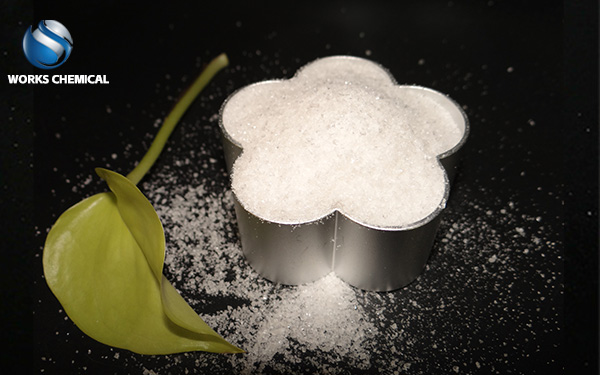
It is very important to choose the right sludge conditioner in the sludge dewatering process, and the following are some specific selection suggestions:

A, according to the nature of sludge selection
Organic content:
For organic sludge, it is recommended to use cationic flocculant, which has a high degree of polymerization and can effectively treat such sludge.
For inorganic sludge, anionic flocculants can be used, and the price is relatively more affordable.
PH:
The optimum pH range of coagulation reaction of different agents is different. For example, the hydrolysis of aluminum salts is very sensitive to pH. Therefore, when selecting the conditioner, it is necessary to consider the pH of the sludge to ensure that the selected agent can play the best effect within the appropriate pH range.
Two, consider the properties of the drug
Flocculation effect:
An excellent flocculant should be able to promote the particles in the sludge to aggregate into larger clumps in order to facilitate subsequent settlement and separation. Therefore, when selecting the conditioner, it is necessary to pay attention to its flocculation effect.
Pharmaceutical concentration:
The concentration of flocculant not only affects the conditioning effect, but also relates to the consumption of reagent and the production rate of sludge dehydrating agent. Under normal circumstances, the lower the concentration of organic polymer flocculant configuration, the less the drug consumption, the better the conditioning effect. However, it should be noted that the optimal concentration of different agents may be different and needs to be determined by experiment.
Consideration of environmental factors
Temperature:
Sludge temperature directly affects the hydrolysis of flocculant. When the temperature is low, the hydrolysis will be slow, especially when the temperature is below 10 degrees Celsius, the sludge conditioning effect will be significantly reduced. At this time, the effect can be improved by appropriately extending the conditioning time or selecting a low-temperature adaptable agent.
Device compatibility:
When selecting a sludge conditioner, it is also necessary to consider its compatibility with existing sludge treatment equipment. Ensure that the selected agent will not cause corrosion or damage to the equipment, and can form a good coordination with the equipment to improve the dehydration efficiency.
Four, consider cost effectiveness
Drug Price:
The price of different brands and models of sludge conditioner may be different. In the selection, it is necessary to combine the sludge treatment capacity and treatment requirements, calculate the use cost of different agents, and choose cost-effective agents.
Transportation cost:
The transportation cost of the drug is also one of the factors to be considered. For agents transported over long distances, it is necessary to consider their transportation costs and losses during transportation.
Five. Refer to actual cases and experience
Success Story:
Review the successful cases of relevant industries, understand how other companies choose and use sludge conditioners, and learn from them.
Expert advice:
Consult experts or technicians in the field of sludge treatment to obtain professional advice and recommendations to guide the selection and use of agents.
To sum up, the selection of the appropriate sludge conditioner requires comprehensive consideration of sludge properties, chemical properties, environmental factors, cost-effectiveness and actual cases and experience. Through scientific and reasonable selection and use of sludge conditioner, the dewatering efficiency and treatment effect of sludge can be significantly improved.